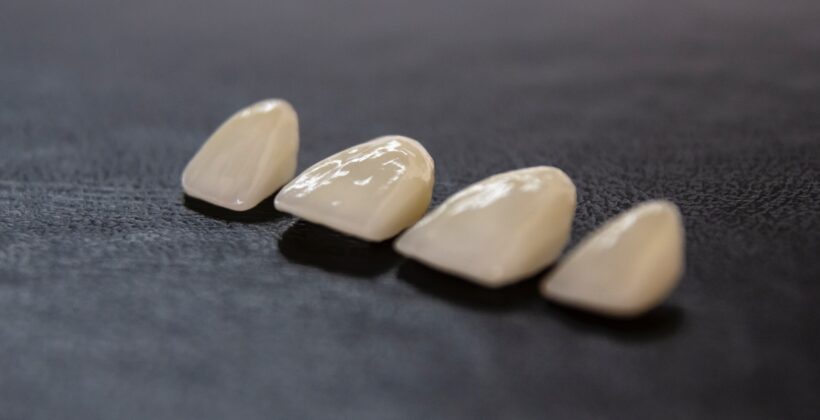Despite being one of the most common restorative dentistry treatments, dental crowns can be intimidating if you’ve never had one before. You may not know what to expect, both during treatment and once your crowns are in place. Fortunately, once you have a good idea of the process, you can rest assured that dental crowns are safe, effective, and very realistic.
Dr. Julie Glud of Dental Care of Lombard offers several types of crowns, including metal, porcelain-fused-to-metal, and tooth-colored restorations. With her gentle touch and clinical skill, the placement process involves minimal discomfort. And you can trust our beautiful and durable restorative materials.
To learn more about crowns and our other restorative treatments, contact Dental Care of Lombard today.
How long do crowns last?
It’s impossible to give an exact lifespan of dental crowns because it depends on so many variables. Your general oral health, the force of your bite, the location of your crown, and the type of crown you choose will all affect longevity. Studies indicate that 90% of dental crowns last at least five years. Many can last 15 to 20 years or even longer.
How should I take care of my dental crowns?
Your dental hygiene is one of the best ways to ensure that your crowns have a long lifespan. Hygiene includes twice daily brushing, daily flossing, and regular dental exams and cleanings.
With crowns, you shouldn’t have any dietary restrictions. At the same time, however, you should never bite down on anything that is not meant to be eaten. Using your teeth to open packages, chewing ice, biting your nails, and similar habits can damage your crowns, along with the rest of your teeth.
When are crowns necessary?
Dr. Glud may recommend crowns for a variety of reasons.
- Extensive decay: If a cavity is too large for a filling, a larger crown can restore your tooth and prevent the need for extraction.
- Dental infection: If oral bacteria spread to your tooth root, you will need root canal therapy. After cleaning out your tooth and root canals, Dr. Glud will place a dental crown. The crown will protect the remainder of your tooth and restore dental function.
- A cracked tooth: Smaller cracks can often be covered up with a dental crown. If you have a larger crack that has not reached your tooth root, root canal therapy may be appropriate.
- Cosmetic concerns: Though they are typically considered restorations, crowns can also perform cosmetic functions. For instance, they can conceal dark internal staining or improve a tooth with an unusual shape or size.
What type of dental crown should I get?
This all depends on your preferences, budget, and the location of your damaged tooth. Metal crowns are the strongest, but they also won’t match the rest of your teeth. That’s why most of our patients choose tooth-colored restorations. Porcelain-fused-to-metal crowns are quite strong, so they can be a great choice, especially for back teeth. All-ceramic or zirconia restorations are the most realistic, so they may be the best option for front teeth. Dr. Glud can help you make the best choice at your initial consultation.
Contact Us with Additional Questions
Still want to learn more about dental crowns? Contact Dental Care of Lombard today.
Reach us online or call 630-629-5700.

